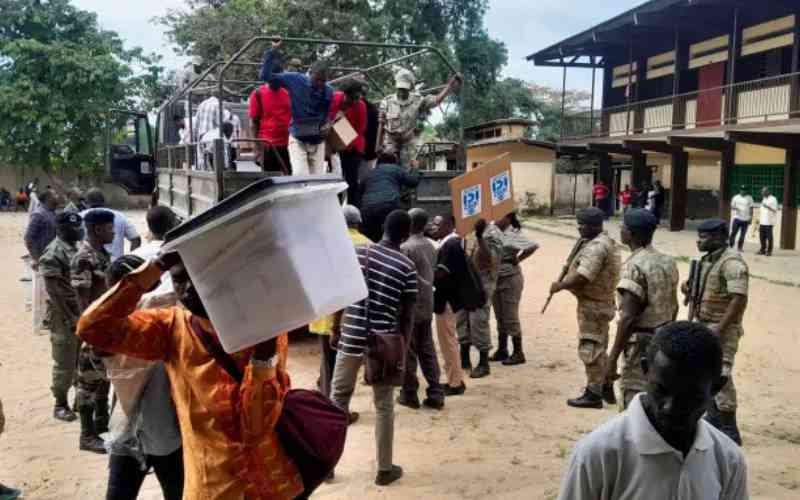×
The Standard e-Paper
Join Thousands Daily

News of the coup in Gabon, ousting the Bongo dynasty from the Gabonese State House follows an almost predictable path in Francophone Africa where military juntas have severally left the barracks to "save the people" in the last 18 months.
There have been at least 7 coups, 2 in Burkina Faso, and one each in Guinea, Sudan, Mali, Chad, and Niger.